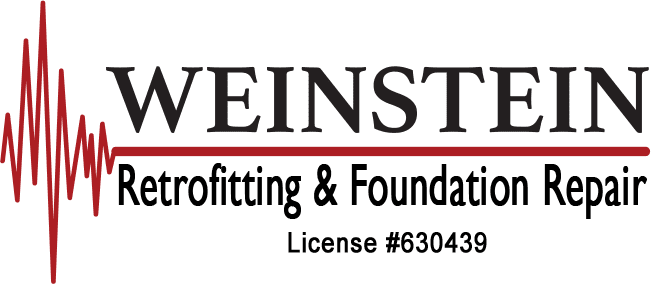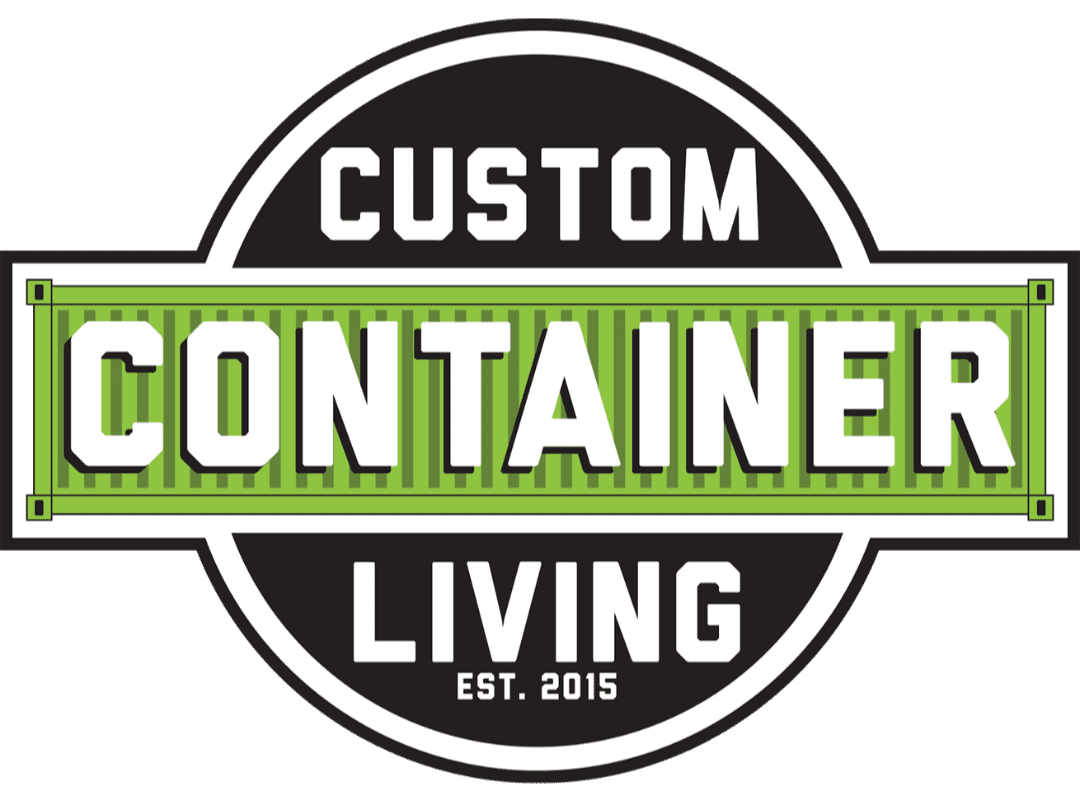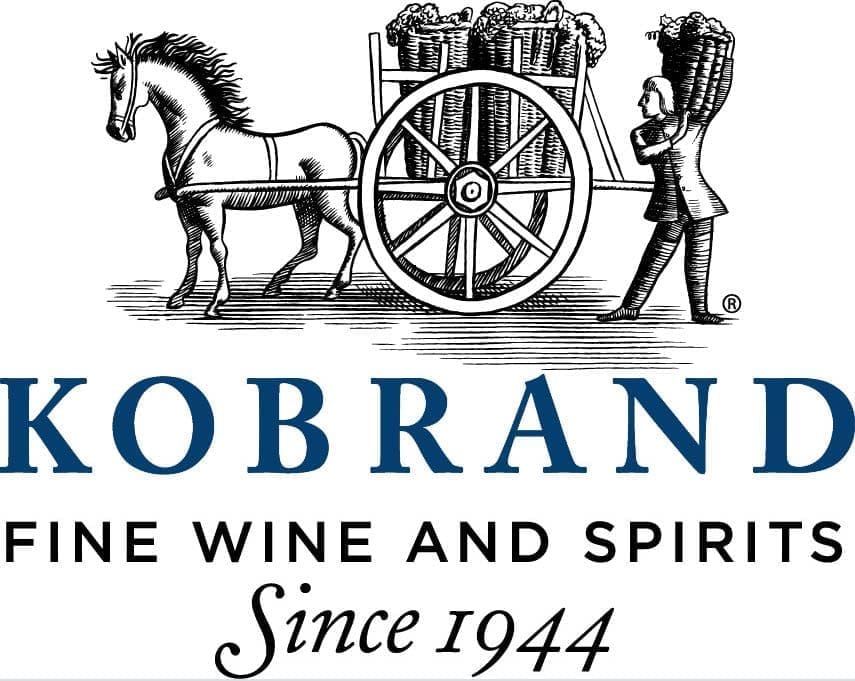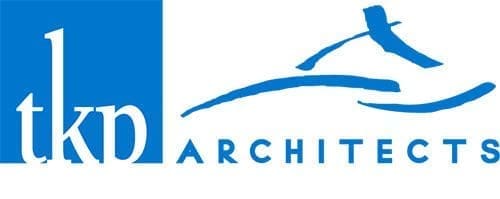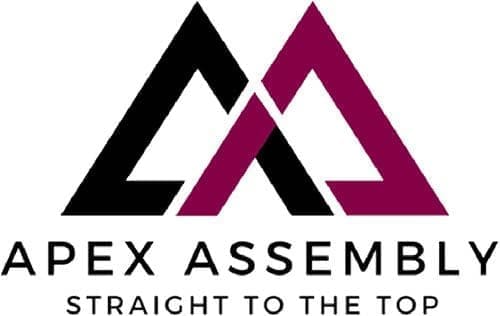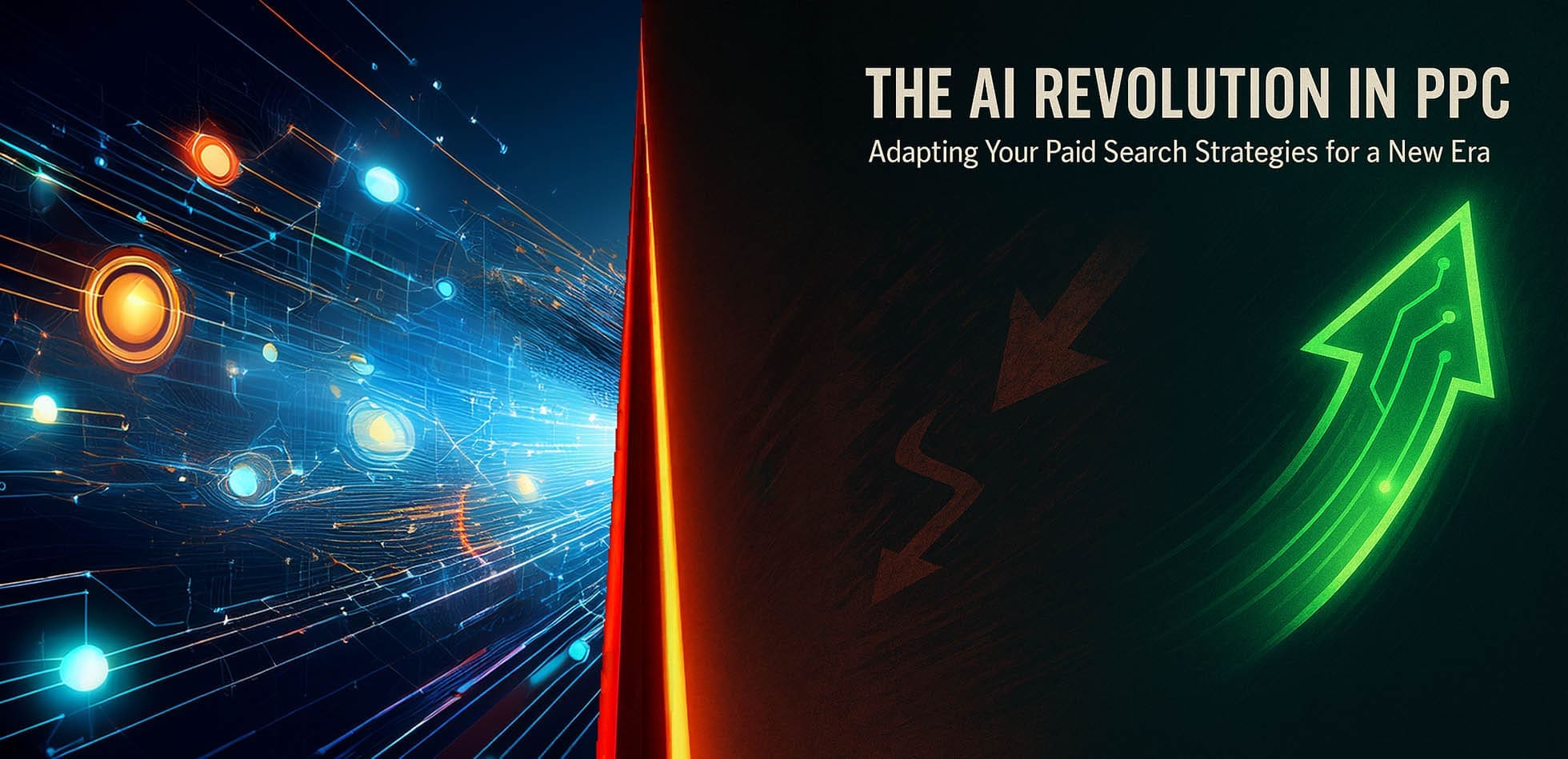Future-Proofing Digital Marketing: Strategies That Actually Matter in an AI-Dominated World
The digital marketing landscape isn’t just evolving. It’s being reengineered. Artificial Intelligence now plays a central role in how people search, how platforms deliver content, and how brands get discovered. If your strategy hasn’t shifted to reflect that, you’re already behind.
This isn’t about chasing trends. It’s about aligning with how content is now filtered, reshaped, and surfaced, often by machines before humans ever see it. Succeeding in this new environment demands a shift in how we approach our foundational digital marketing practices.
Making Your Website Understandable to Machines
Your website now serves a dual audience: human users and the AI systems that scan and interpret it. These systems increasingly decide what shows up in search results, automated summaries, and conversational interfaces. If your content isn’t presented in a machine-readable format, its chances of being seen by anyone diminish significantly. To make your site truly accessible, start by implementing structured data, such as Schema.org markup, which helps clarify your different content types for these systems. Alongside this, applying semantic HTML is vital; tags like <header>, <main>, and consistently proper headings help define a clear, interpretable structure.
Clear metadata also cannot be an afterthought—ensure your titles, descriptions, and alt text are honest, accurate, and richly descriptive. Think too about logical site organization, using meaningful headings to break content into short, digestible sections, and maintain readable URLs with slugs that clearly reflect each page’s purpose. When clients’ content is properly interpreted and indexed accurately by AI, they will find their material appearing more frequently and appropriately in AI-powered features and results.
Writing So AI Can Confidently Quote You
The rise of AI Overviews and sophisticated retrieval-augmented generation systems means that content from trustworthy pages is often rewritten into instant answers. For your content to be selected and used with confidence by these tools, it needs to be structured for clean extraction. This begins with ensuring all facts are accurate and consistently current. It’s also beneficial to write with plain, straightforward language, making your points easy to grasp. Consider how you structure your articles; using clear subheadings and relatively short paragraphs can make individual pieces of information easier for AI to isolate and understand.
A powerful tactic is to directly answer common user questions within your content, phrasing these answers clearly. When helpful, support your claims with attributable sources or statistics. Pay attention to your sentence structures as well, making relationships between ideas clear through simple and direct phrasing. Ultimately, when AI tools parse your content, they require clarity and precision; if your material is difficult to interpret, these systems will likely move on to an easier source. Clients who adapt their writing style this way often find themselves featured more prominently, building authority and appearing exactly where user attention is now shifting.
Building Topical Authority Through Comprehensive Depth
Search engines like Google are increasingly evaluating more than just page-level quality; they are looking at your website’s overall depth and coherence on specific subjects. True topical authority means effectively “owning” a subject through a clearly interconnected content structure, demonstrating comprehensive expertise. To achieve this, think about creating content clusters, where related articles link back to a central, authoritative “pillar” page on that topic. It’s also wise to periodically review and remove outdated or irrelevant content, as this can weaken your site’s overall credibility.
Every page should be aligned with a clear user intent, answering a specific need or question. Reinforce your expertise and guide both readers and AI by using internal linking strategically to connect related pieces of information. Websites that cultivate a focused and comprehensive approach to their topics tend to rank more consistently, earn greater trust, and provide a superior experience for users and machine crawlers alike.
Refining Technical SEO for Better AI Accessibility
Modern AI systems and web crawlers expect to find clean, fast, and easily accessible sites. Any technical issues can act as roadblocks, preventing your content from being properly indexed or extracted, effectively making your valuable efforts invisible. Therefore, certain technical SEO aspects should be a priority. Maintain a well-structured robots.txt file and ensure your sitemap is current and submitted. Regularly monitor your crawl logs for any issues and address errors promptly to maintain smooth access.
Implementing structured schema for various elements, such as FAQs and reviews, can also significantly improve how AI interprets these specific content types. Don’t forget mobile performance and loading speed, as these are critical for both user experience and crawlability. Fundamental best practices like HTTPS, clean code, and minimizing redirects also contribute significantly. Strong technical SEO isn’t just about chasing rankings anymore; it’s about ensuring your content is actually available and usable to the very systems that surface it to the world. Investing in this area generally leads to better indexing, fewer technical frustrations, and a broader overall reach for your clients.
Getting Your Brand Into the Data AI Uses
Large Language Models don’t operate on guesses; they learn from analyzing massive public data sources. If your brand information isn’t present and accurate within these datasets, it simply can’t be surfaced, cited, or understood correctly by many AI tools. To improve your brand’s presence in these foundational datasets, first ensure your website is included in broad repositories like Common Crawl. It’s also important that your site is well-indexed in search engines like Bing, which powers several prominent AI models.
Publishing valuable content or securing mentions on authoritative third-party sites can further amplify your brand’s visibility within this data ecosystem. Keep your own “About Us” pages and team biographies detailed, accurate, and current. Finally, actively use any available correction mechanisms if you find platforms misrepresenting your brand’s information. Clients who proactively manage their brand’s presence in these data sources improve their odds of being recognized, accurately quoted, and trusted by the AI tools now integrated across search, chat, and digital assistant products.
Owning Your Category, Not Just Your Brand Name
Most people don’t begin their online searches with a specific brand in mind; they start with a need, a question, or a problem. This is why establishing dominance within your relevant category often matters more for initial discovery than mere brand name recognition. To effectively own your space, focus on building authoritative links to your key category and service pages, not just to your homepage. Your paid search campaigns should also target the specific needs or problems your audience is trying to solve within that category. Crucially, create expert-level content that comprehensively answers the array of questions users have related to your field of expertise. Maintain consistency in your messaging and branding across every platform you use. Becoming the go-to resource for a category allows you to capture user attention much earlier in their journey and helps you stay top of mind longer. Prioritizing category authority typically results in more qualified traffic and better conversion rates from users who are further along in their decision-making process.
Diversifying Your Traffic and Updating What You Measure
The ongoing AI-driven changes to search results mean users often get their answers directly on the results page, without needing to click through to a website. This evolution makes relying solely on traffic volume a weaker measure of success, and it underscores the necessity of channel diversity. Work on expanding your reach through a mix of avenues, including organic and paid search, active social media platforms, targeted email campaigns, referral partnerships, and efforts to encourage direct visits. Concurrently, it’s time to evolve your Key Performance Indicators. Start tracking your brand’s visibility within AI-generated summaries and results. Shift focus towards measuring user engagement on your site, rather than just visits, and prioritize conversions, qualified leads, and assisted outcomes that demonstrate true business impact. Modernizing your traffic strategy and your measurement framework will provide a more accurate picture of what’s genuinely working and build a stronger defense against the inherent volatility of a rapidly changing digital landscape.
Adapting Paid Search for the New SERP
The increasing presence of AI summaries and dynamic layout changes on search engine results pages (SERPs) directly affects how paid search campaigns perform. If you’re still bidding on keywords and writing ad copy as if it’s several years ago, you are likely not using your budget effectively. It’s essential to adjust by carefully watching how AI-generated content alters ad positioning and visibility on the page. Refine your keyword targeting based on emerging user search behaviors that are influenced by these new AI features. Your ad copy needs to be meticulously crafted to speak directly to user intent with compelling clarity. While using AI-powered advertising tools can be beneficial, it’s important not to rely on them blindly without strategic oversight and performance analysis. As user behavior shifts in response to the new SERP, your campaigns must adapt proactively; otherwise, your budget may largely pay for impressions that never have a real chance to convert. Keeping pace with these changes helps maintain visibility and return on investment, while others may find themselves scrambling to adjust.
What Hasn’t Changed
Through all this technological transformation, some fundamentals endure. Clarity still wins. Usefulness still matters. And trust is still earned, primarily through content that genuinely solves problems or answers questions effectively for people.
AI might increasingly decide what shows up first, but human users still ultimately decide what resonates and what holds value. If you write for both, then understanding the needs of search algorithms and AI, while never losing sight of the human audience will allow your message to keep showing up in the places that count.
Clients Who Trusted Us
We establish strong business relationships with our clients and have a vested interest in their success. We pride ourselves in being that trusted partner who our clients can rely on and have the confidence their best interests are being served. Here are just some of the many client partners who have trusted us.





